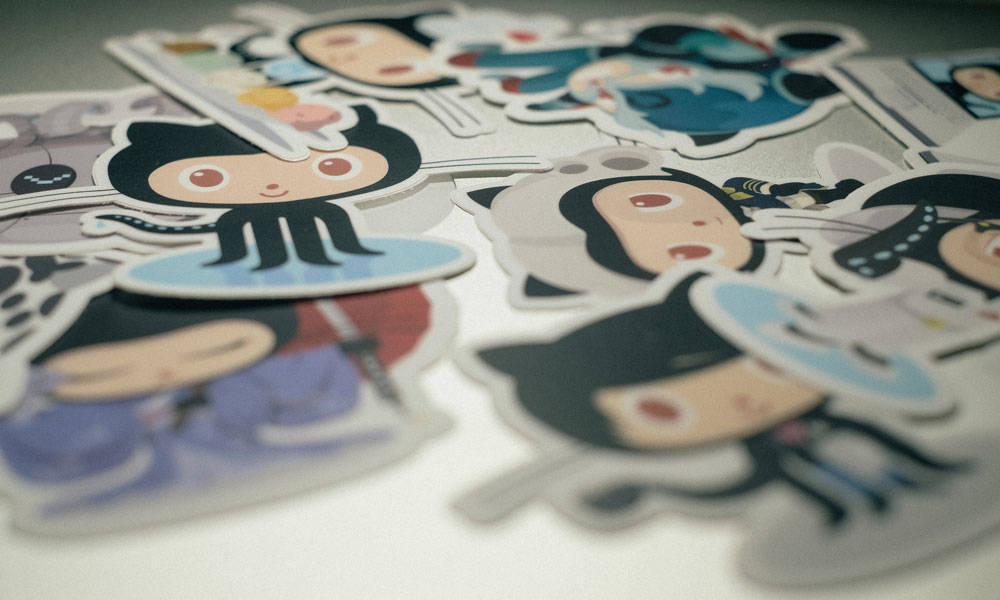
Keeping an Acquired Community Happy: Lessons From Microsoft’s GitHub Acquisition
Microsoft’s just-announced acquisition of GitHub, the iconic developer resource and community, is already creating some wariness from the community that GitHub serves. The situation reflects the way that acquisitions can shake up a community’s growth.
When it comes to an association, community is everything, and something that shakes up that community, like a business acquisition, can forever change its basic DNA.
Which is why it’s worth taking a close look at Microsoft’s decision to acquire GitHub for $7.5 billion. It’s creating a somewhat complicated dynamic for the long-running service, a favorite of programmers that produce open-source software.
Here’s the crux of the issue: While its tune has changed in recent years, Microsoft has long carried an image of being monolithic and opposed to the very open-source ethos that drives GitHub.
Organizations change, of course, and Microsoft is a platinum member of the Linux Foundation these days. But the skepticism nonetheless lingers—especially considering the fact that GitHub was built around an idea, a version control tool called git, that had been created by the founder of Linux, Linus Torvalds.
In some senses, Microsoft’s focus on developers makes GitHub a natural purchase, but the differing cultural roots create something of a fundamental problem. Jacques Mattheij, a prominent blogger in the development community, argued that Microsoft’s history of hostility toward both open-source projects and competitors should disqualify it from owning a company like GitHub.
“I’ve deleted my GitHub account. I’ll find a way to replace it and if you’re halfway clever so should you,” he wrote. “Foxes may change their coats, they don’t change their nature.”
Words, Then Actions
Is this a problem that can be solved—an organizational merger that highlights an ethical chasm? It remains to be seen, but one thing that’s likely to help matters are both the words and the actions attached to them.
The words, at least at this point, sound right. In his statement on the acquisition, Microsoft CEO Satya Nadella made a point of emphasizing that the company would try to leave the company alone as much as possible.
“We recognize the community responsibility we take on with this agreement and will do our best work to empower every developer to build, innovate and solve the world’s most pressing challenges,” Nadella said.
Incoming GitHub CEO Nat Friedman, meanwhile, emphasized that the company would operate independently and keep its current product strategy.
“I’m not asking for your trust, but I’m committed to earning it,” Friedman said. “I can’t wait to help make the GitHub platform and community that’s special to all of us even greater.”
Of course, the words will only matter if the actions in the months and years to come to underline these points.
Any acquisition can get messy, but for this strategy to work, a careful, hands-off approach might have to be the name of the game here. A good merger comes with a lot of hard work—and if you don’t put that work in, you might lose what made that community important in the first place.
(fanzeyi/Flickr)






Comments